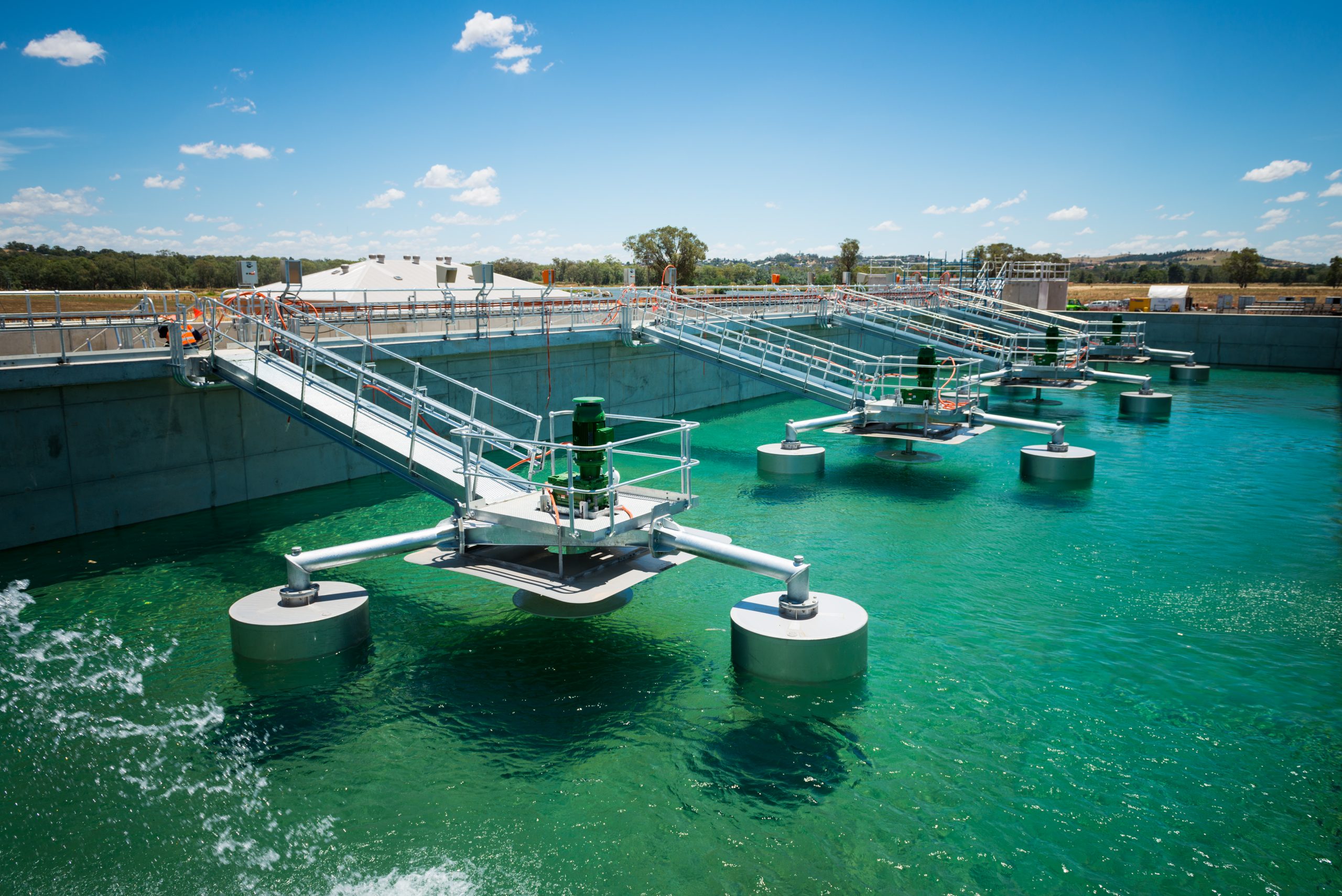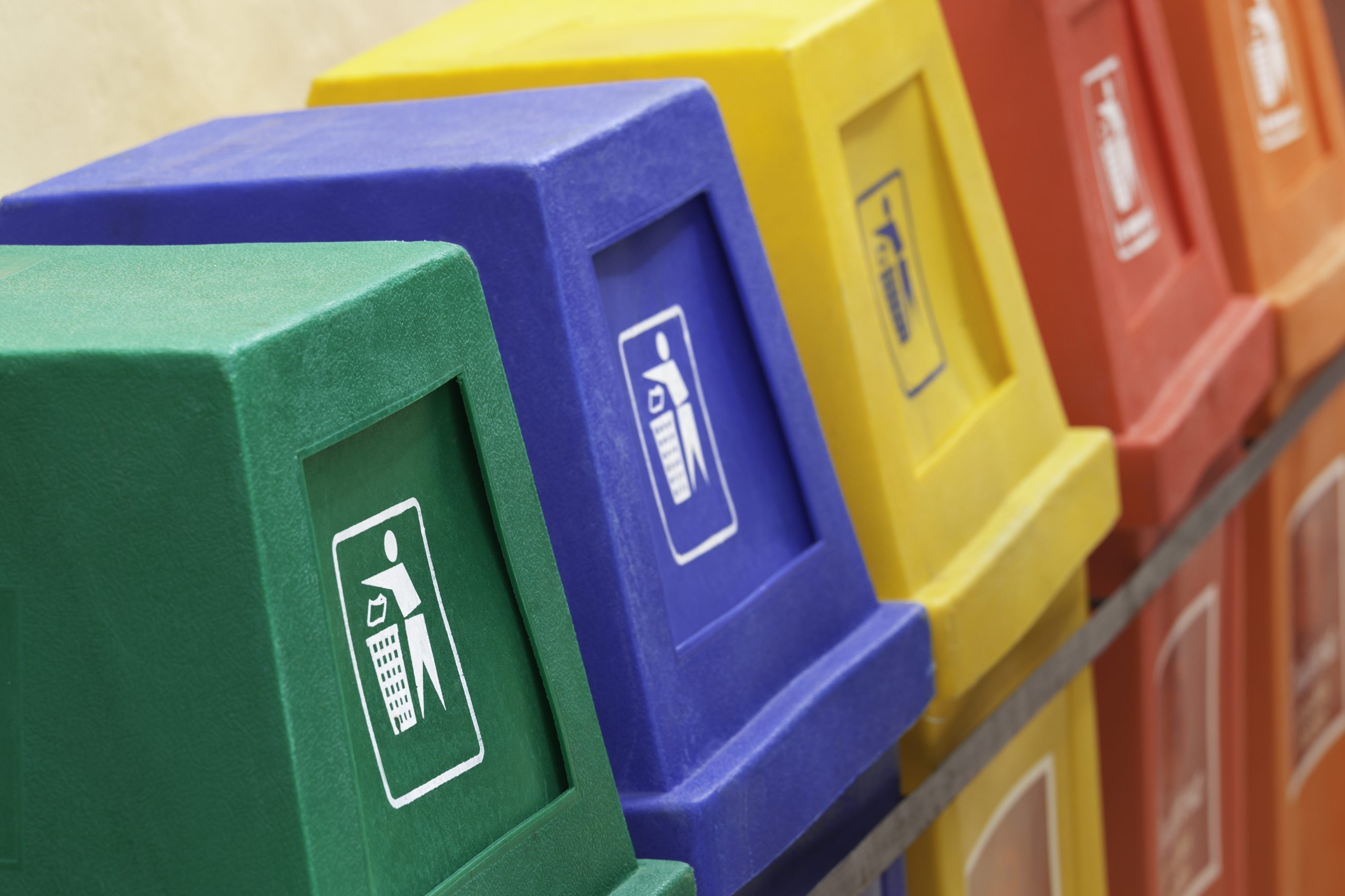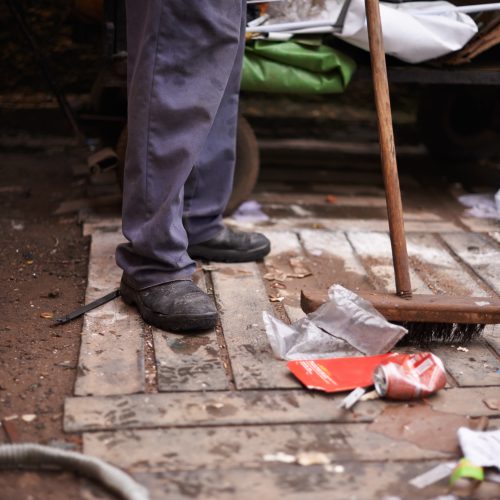Description
Many economies in the EBRD regions are affected by a number of financial, technical and efficiency-related problems in their waste sector that have caused poor waste management practices and sometimes a lack of any formal practices. This situation has led individuals, groups and micro-enterprises to perform informal collection and recycling, generating income through collection fees and by selling the extracted valuable materials. Informal workers perform their activities under inadequate and uncontrolled conditions, putting themselves at risk of occupational injury and disease.[1] Informal waste collectors often suffer from social stigma and discrimination, especially those of vulnerable groups such as ethnic minorities, migrants, the homeless and people with disabilities. Their work is further characterised by low entry barriers, low organisation levels and irregular income.
The integration of the informal sector into formal solid waste management systems can help reduce overall system costs, support the local industry by providing low-cost materials and create new jobs. Furthermore, it can reduce negative environmental and climate impacts from solid waste management through improved resource recovery and reduced disposal. Lastly, it can help to generate income and improve working conditions for poor populations who often lack other economic opportunities.
Recognising the role of the informal waste sector, several governments have implemented various formalisation measures to address the social problems linked to the sector. There are three main types of approaches to the formal and legal recognition of informal waste collectors, and it is essential to involve representatives of the informal sector in the planning and decision-making processes no matter which approach is pursued.
(i) Formalisation based on organising informal waste workers in associations and cooperatives, which establish contracts or cooperation agreements for performing waste collection and recycling services. The sustainability of such models can be ensured through waste policy and regulation changes proposing a combination of sources of revenue.
(ii) Formalisation based on organising recyclers in community-based organisations or micro and small enterprises. These are mostly covered by waste collection fees paid by users and from selling recycled materials. The role of the municipality is minor in such cases, mostly supporting through awareness-raising and equipment provision.
(iii) Formalisation based on integrating recyclers as workers for the formal waste management sector, by recruiting them to perform collection or recycling at facilities.
Several factors are critical for the successful integration of the informal sector, including deploying a mix of approaches and establishing stable organisational structures. Cooperatives, small enterprises and networks in numerous countries show that these organisations were the first step to get informal workers out of social marginalisation, improving their economic efficiency and thus their position in the economic value chain. They also made partnerships with municipalities and other stakeholders possible.[2]
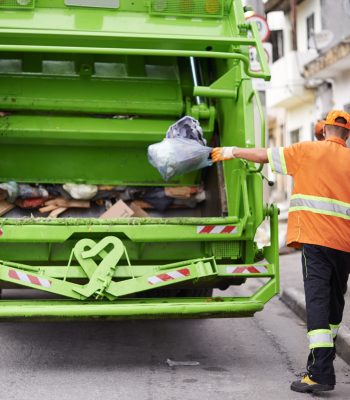
Resource implications and key requirements
The integration of the informal waste sector demands substantial administrative resources to coordinate their formalisation into a formal sector or through associations and community organisations. If a city has a significant informal waste sector, strategic measures will be needed to include these activities in bylaws and regulations, and recognise the business rights, labour rights and property rights of informal workers. Furthermore, local governments may need to budget for increased spending if the public sector offers social benefits to the informal workforce, such as health care and pensions.
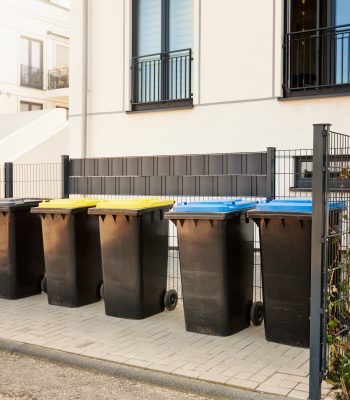
Potential private-sector participation
Partnerships in the private sector, between formal and informal actors, become more and more important. Many private enterprises perceive the opportunities stemming from the use of waste as a (material or energy) resource and recognise that partnerships with the informal sector can improve the value chains related to sourcing materials from waste. The private sector can, for instance, be responsible for providing training and empowerment of waste workers as well as implementing occupational safety practices. Furthermore, it can also help assess and document the waste management system and expand the capital base of the sector. And lastly, the private sector may need to be involved to formally recruit informal waste collectors.
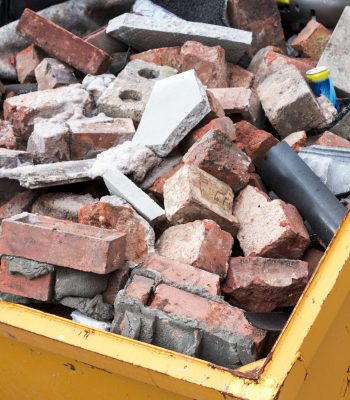
Implementation obstacles and solutions
Not all attempts at formalisation have been successful, due to the existence of barriers that have prevented the implementation of such attempts as well as a lack of understanding of these barriers and the measures that may enable formalisation.[3] For instance, formalisation reduces waste pickers’ ability to enter and exit the waste management economy, and research shows that waste pickers value that flexibility. Hence, formalisation efforts by the government have often been unsuccessful, exposing the limitations of the government’s ability to regulate and monitor the actions of those in the sector.[4] Governments should therefore seek to provide economic support through financial incentives, diversification of services and appropriate payment schemes. The formation of partnerships and stakeholder involvement is key and can involve the formation of cooperatives and associations. Funding should also be provided for waste infrastructure to provide adequate sorting and storage spaces.
It is also best practice to train and empower informal workers and include them in formalised waste activities. The training programmes cover important subjects such as health, safety and environmental standards, business and financial management, legal requirements and formalisation procedures, access to credit, and networking with the formal sector.[5] However, illiteracy and low levels of education present a common challenge for training providers. To solve this problem, RECICLA, a recycling cooperative in Mozambique, provided compulsory literacy classes for its members alongside their work in the recycling centre.
Integration of informal workers into the formal sector has been successfully used in Austria and Hungary as the preferred option. Recent waste policies and legal frameworks of countries such as Brazil and Peru have included recycling associations and cooperatives in separate collection and recycling programmes. Colombia has introduced a 3R (reduce, reuse, recycle) waste hierarchy and enabled the participation of marginalised groups in a bidding process. Countries such as India and the Philippines have also recognised the need to involve informal waste collectors.
Lastly, formalisation may intensify gender inequality if planned poorly. Men often dominate formal waste work because women usually concentrate on lower-earning activities such as pre-processing while men can participate in direct revenue-generating activities as they tend to be physically stronger and so better able to operate machines and transport facilities. Therefore, cities and private companies should work together to increase female workers’ access to devices and vehicles and conduct regular gender audits to improve the gender sensitivity of the formal sector.
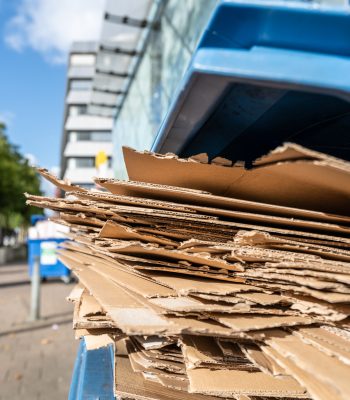
References
[1] D. C. Wilson, C. Velis and C. Cheeseman (2006), “Role of informal sector recycling in waste management in developing countries”, Habitat International, Vol. 30 (4), pp. 797-808.
[2] GIZ (2012), “Recovering resources, creating opportunities. Integrating the informal sector into solid waste management”, GIZ on behalf of the German Federal Ministry for Economic Cooperation and Development.
[3] S. Aparcana (2017), “Approaches to formalization of the informal waste sector into municipal solid waste management systems in low- and middle-income countries: Review of barriers and success factors”, Waste Management, Vol. 61, pp. 593-607.
[4] A. Linder (2019), “The formalisation of South African waste pickers in a globalised recycling economy”, lecture, May 2019.
[5] GIZ (2011), “Recovering resources, creating opportunities: Integrating the informal sector into solid waste management”.



